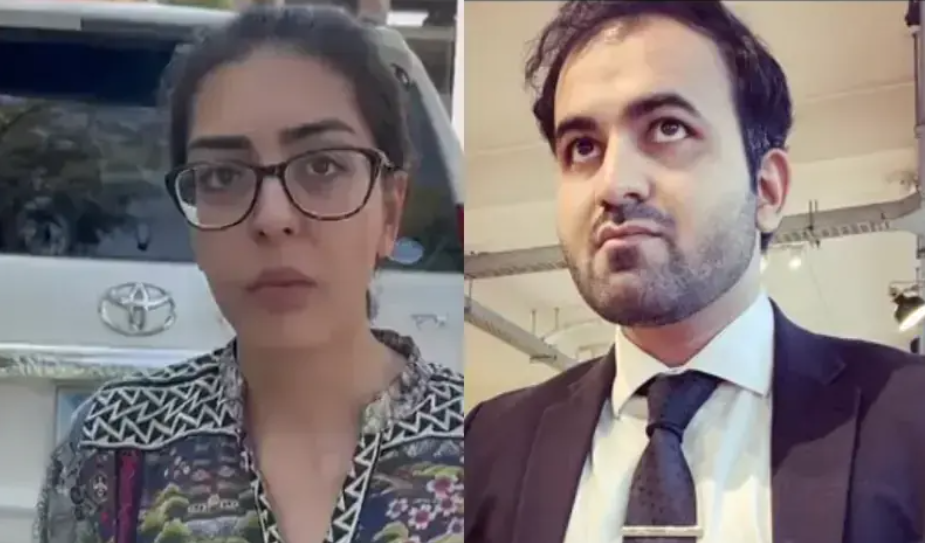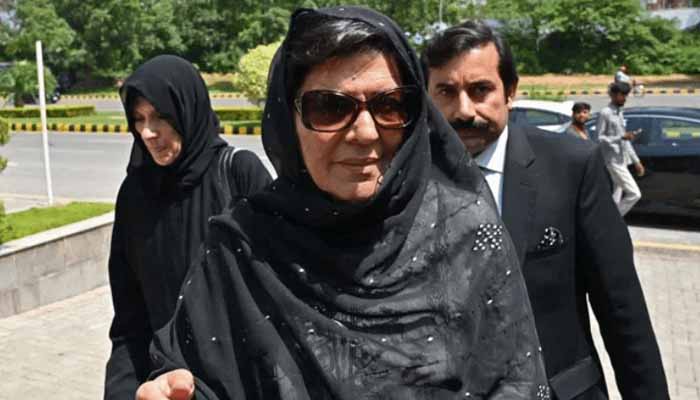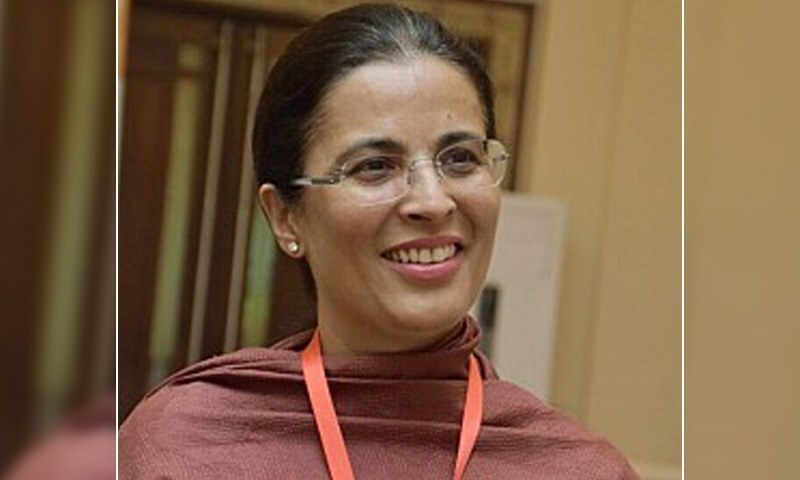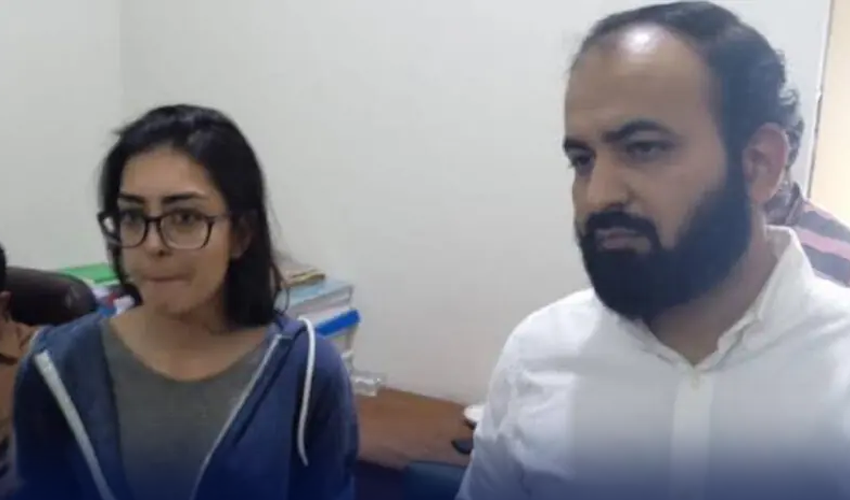LEGAL

An Islamabad district and sessions court on Thursday formally indicted human rights lawyer and activist Imaan Zainab Mazari-Hazir and her husband Advocate Hadi Ali Chattha in a case concerning their alleged “controversial” social media activity.
The case, registered by the National Cybercrime Investigation Agency (NCCIA), accuses the couple of using online platforms to promote linguistic divisions and of portraying Pakistan’s armed forces as being involved in acts of terrorism.
Additional District and Sessions Judge Muhammad Afzal Majoka presided over the proceedings, during which both Mazari and Chattha pleaded not guilty to the charges. The court then summoned all prosecution witnesses for the next hearing and instructed Chattha to resubmit his bail bonds.
When the judge made this order, Mazari remarked, “If you want to arrest us, reject my bail as well.” Judge Majoka replied, “My principle is that if I respect you, I will get respect.”
Mazari’s counsel, Advocate Qaiser Imam, informed the court that his clients frequently had to appear in other ongoing cases, both at the Islamabad High Court (IHC) and in Rawalpindi. However, the judge responded that he had already granted adjournments on three occasions at their request.
The court ultimately adjourned proceedings until November 5.
The indictment follows a tense episode a day earlier, when Chattha was arrested outside the courtroom for alleged non-appearance. Mazari later claimed that video evidence circulating on social media platform X (formerly Twitter) showed her husband present both inside and outside the courtroom at the time.
Chattha was later released but described the arrest as “unlawful” when speaking to reporters outside the court. He said he had appeared in court five minutes early, but the judge had issued a warrant “to his face” despite his presence.
“This was not according to any law,” Chattha asserted. He said Judge Majoka had withdrawn the “illegal order” before the couple could argue against it but had demanded a new Rs10,000 bail bond since the earlier one had been forfeited. The judge later withdrew this demand after Chattha’s refusal to comply.
“The principle is this — you are running a court, you are a judge; how are you so far removed from the four corners of law?” Chattha questioned. “Why do you feel that targeting the two of us will earn you praise?”
He added that the days when courts could intimidate individuals through threats of jail or punishment were over, saying, “Word spreads quickly now. People are present — witnesses see everything.”
Recounting the events that led to the delay in the indictment, Chattha explained that the court had sought to frame charges only four days after the case documents were supplied. He claimed the judge had told the accused they could appear later in the day if they had other cases, but when Chattha appeared around 2:35pm, the judge allegedly grew angry and issued an arrest warrant on the spot.
“He forfeited the bail bonds and had me arrested from the courtroom,” Chattha said, calling the move “a clear overreach of judicial authority.”
The case has attracted significant attention due to Mazari’s high-profile human rights work and her frequent criticism of state institutions. Legal observers say the proceedings will test the boundaries of online free expression and state accountability under Pakistan’s cybercrime laws.




